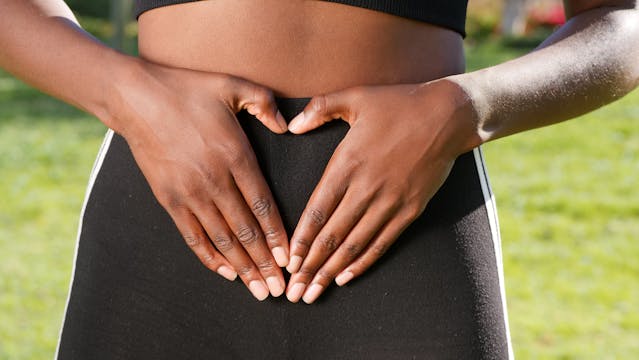6 Probiotic Benefits for Body and Mind

Physical Education (PE) offers much more than just a respite from academic classes; it is an essential part of a child’s educational experience. PE influences not only the physical health of students but also contributes profoundly to their holistic development. It helps create healthy, balanced individuals by fostering mental, social, and emotional health alongside physical skills.
Through various sports, games, and physical activities, PE provides an environment where unique life skills are cultivated. In a society leaning heavily towards sedentary habits, the value of physical education is undeniable. Here we’ll explore the substantial contribution of PE to a child’s personal development and growth.
1. Boosting Self-Confidence And Esteem
PE greatly impacts a child’s self-confidence and self-worth. By tackling physical challenges and setting records, children come to recognize their abilities, pushing boundaries, and understanding their potential. Whether they conquer a new sport or enhance their speed, each triumph adds to their self-esteem. This empowerment through physical activities ingrains perseverance and self-belief, skills that transcend beyond the playground.
2. Enhancing Academic Results
Interestingly, PE benefits academic pursuits as well. Particularly, collaboration with K-12 physical education instructors, especially those advancing their education through online programs, offers considerable advantages. This online growth equips them to adapt to innovative teaching techniques and technology, better addressing varied educational needs.
This expertise allows educators to craft PE curricula that not only enhance physical fitness but also boost concentration, memory, and behavior in academic environments. As these instructors apply their learned insights, students enjoy a more engaging physical education program aligned with their educational and personal growth objectives, significantly aiding their academic progress.
3. Advancing Social Abilities
PE acts as a social educational space, educating children on effective peer interactions. Team sports and group games teach the importance of interaction, teamwork, and mutual respect. These cooperative lessons form an essential base for nurturing robust social competencies. The capacity to collaborate, lead, and follow are honed on the sports field, providing skills beneficial across life’s various domains.
4. Promoting A Healthy Lifestyle
Regular physical activity instills in children the significance of health upkeep through exercise. This early encounter with fitness and enjoyment of movement fosters habits likely to continue throughout life, encouraging lasting health and mitigating the risks of lifestyle diseases. The understanding gained in PE concerning fitness and wellness is paramount in our increasingly inactive society.
5. Inculcating Discipline And Accountability
Engaging in PE requires a level of discipline and responsibility. Children learn to adhere to regulations, organize time for activities, and assume responsibility for their personal growth and wellness. This discipline goes beyond the gym or sports arena, impacting their approach toward academic tasks and personal obligations. The duties of preparing for classes, managing equipment, and enhancing their skills teach the significance of commitment and self-regulation.
6. Supporting Mental Health
PE is a potent method of improving children’s mental health. Engaging in regular exercise reduces stress, anxiety, and depression symptoms. Endorphins from physical exertions naturally enhance mood, fostering happiness and relaxation. Additionally, participation in sports and exercise fosters a sense of community and helps form friendships crucial for emotional support and mental well-being. Through PE, children learn resilience, discovering joy in movement and exploring healthy ways of confronting life challenges.
7. Cultivating a Sense of Achievement
PE presents a unique opportunity for goal setting, pursuit, and accomplishment. Whether they improve a sprint time, perfect a gymnastics routine, or learn a soccer technique, the satisfaction of these achievements is invaluable. This sense of achievement encourages a growth mindset, prompting children to welcome challenges and perceive failures as opportunities for learning and growth. The confidence built from small victories in PE classes extends to other life areas, motivating them to bravely face academic and personal tasks.
8. Teaching Respect and Sportsmanship
A major lesson from PE is respect—self-respect, as well as respect for others and for rules. Sportsmanship and respect form the foundation of team and individual activities. Children learn humility in victory and grace in defeat, building resilience, empathy, and integrity. Respecting others’ skills and contributions whether winning or losing readies children for the varied, cooperative environments of their futures.
9. Encouraging Risk-taking and Resilience
PE encourages children to step beyond their comfort zones and embrace measured risks. This might involve trying a new sport, leading a team, or performing publicly. Such experiences are essential for nurturing resilience, teaching children how to handle fear, defeat, and uncertainty. They learn that setbacks are temporary and persistence can lead to success and personal development. This resilience built on-field becomes integral to their character, empowering them to approach life’s challenges confidently.




